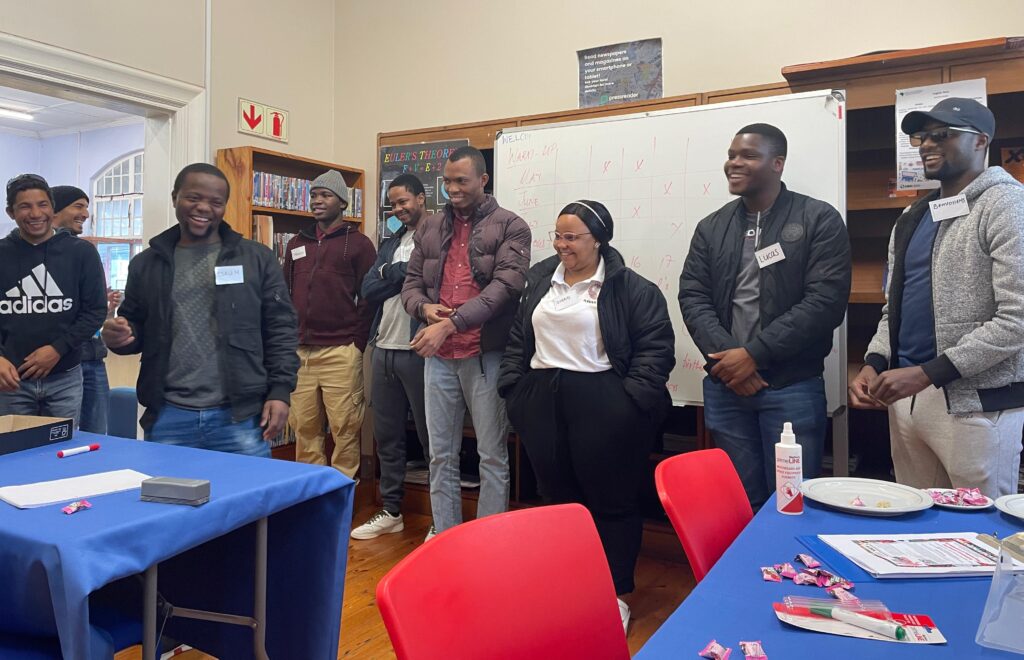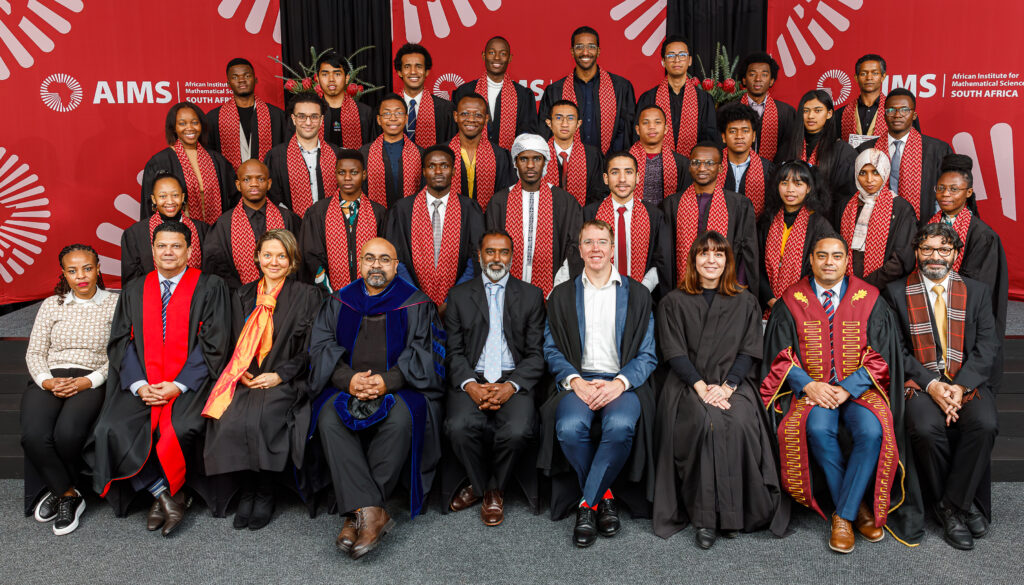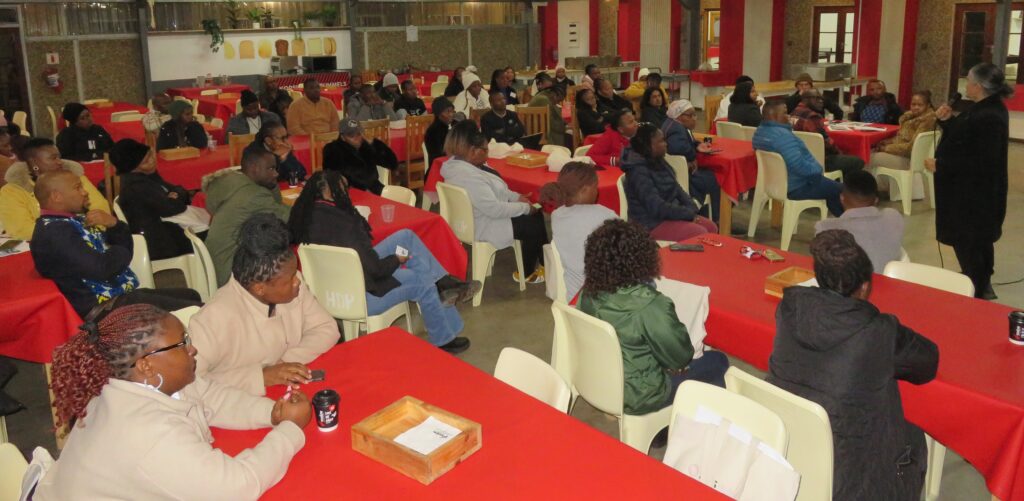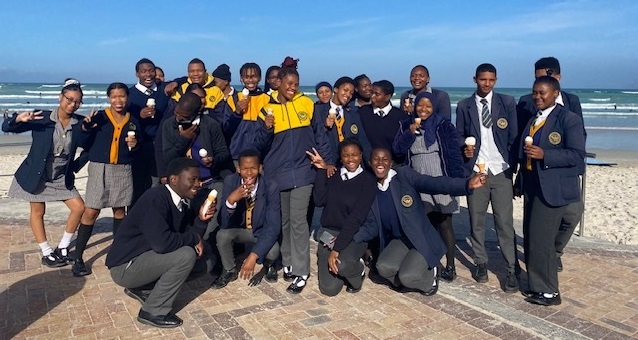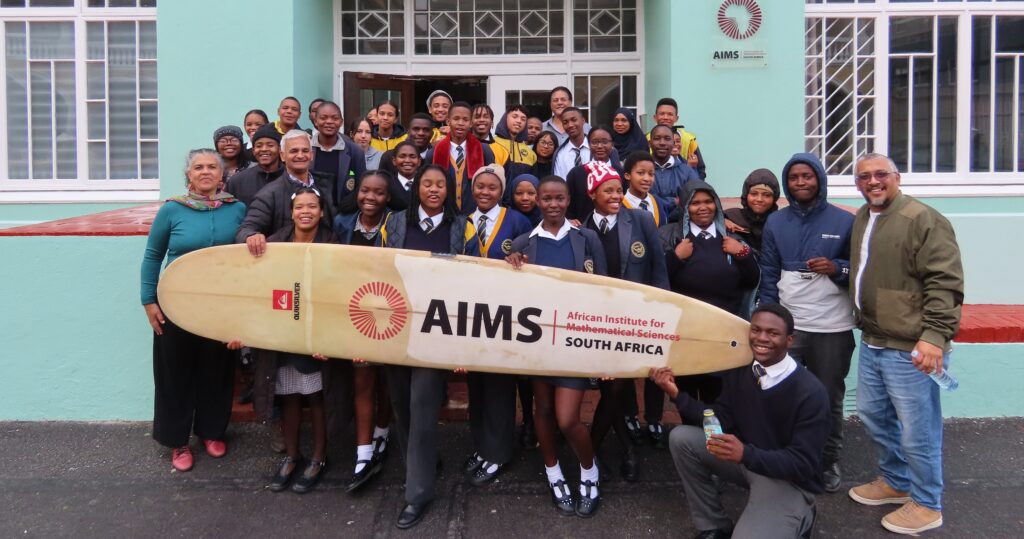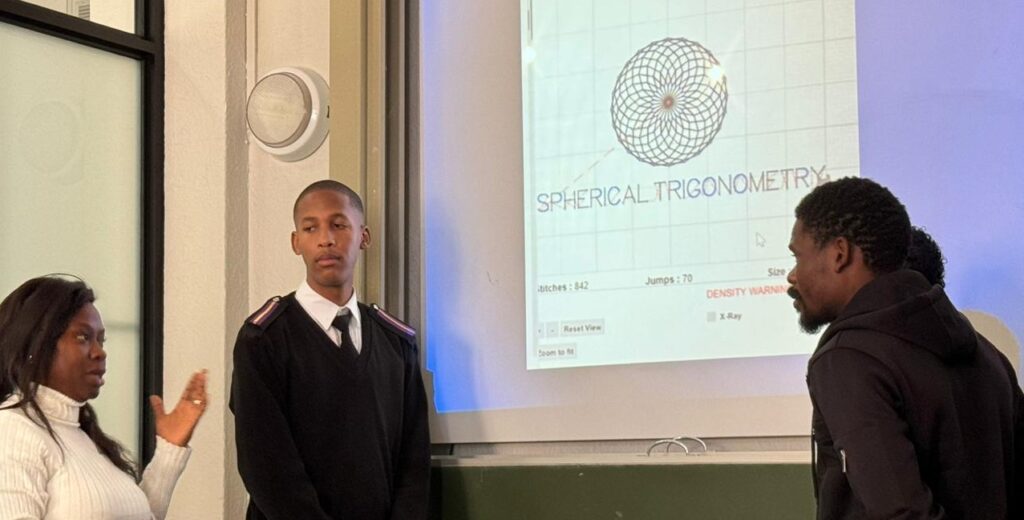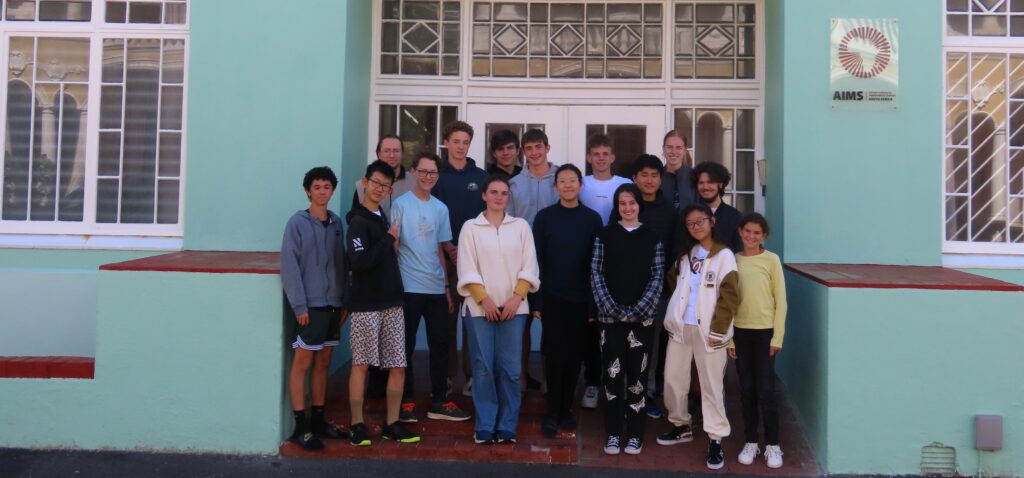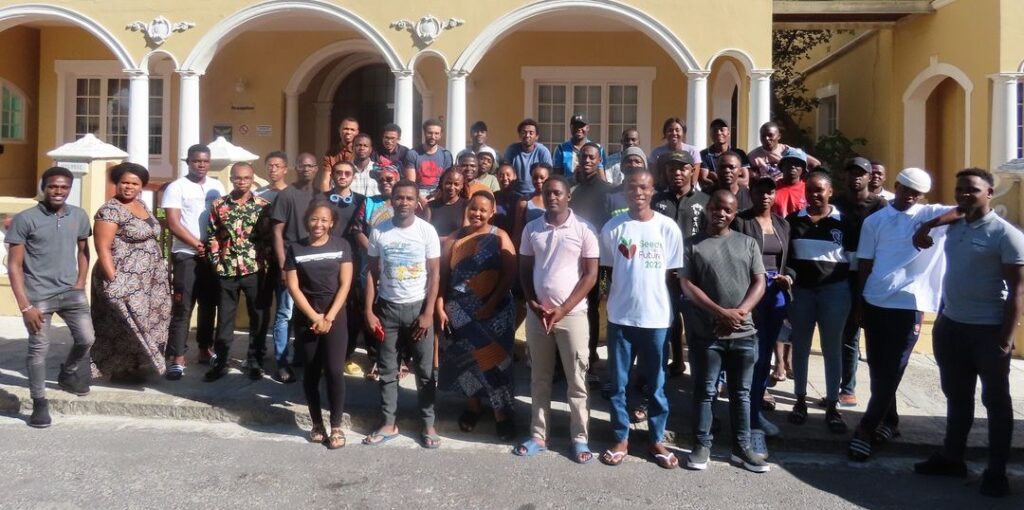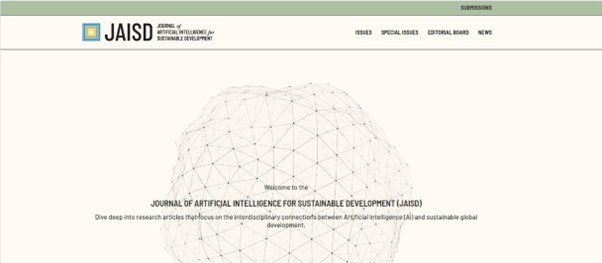Community engagement and enrichment through mathematics are integral to the AIMS mission. In addition to conducting cutting-edge research, AIMS students and researchers are expected to engage with the wider community to promote mathematics, empower the next generation of mathematicians, and inspire positive change. In celebration of Nelson Mandela International Day, AIMS South Africa, in collaboration
Community Outreach AIMS Students Make Mathematics Accessible and Exciting in Honour of Mandela’s Life and Legacy
